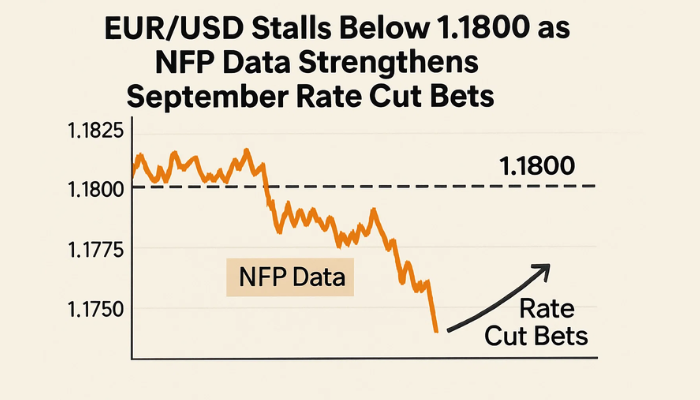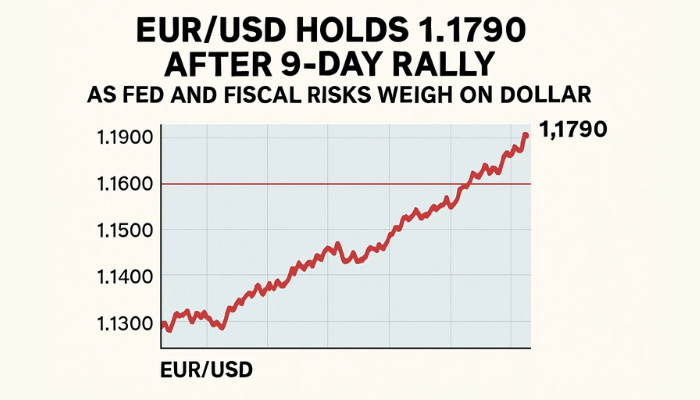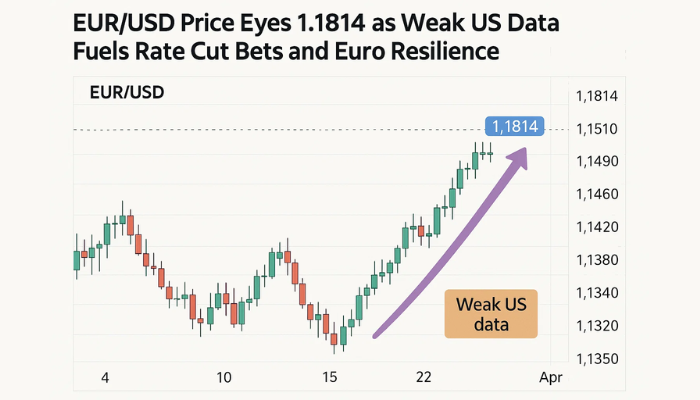EUR/USD Maintaining Downtrend As Ifo Business Climate Remains Weak
EUR/USD should break below 1.06 this week with the business climate and inflation softening further in September
Since July, the Euro has been declining, as risk currencies turned bearish on the FED continuing to raise rates and keep them higher-for-longer. The USD turned bullish and EUR/USD slipped lower. close to 1.06 last week, with the ECB softening up due to the deterioration of the European economy. Services and manufacturing activity is showing no signs of returning back to growth after being in recession for quite some time. After the European Central Bank issued the most recent rate rise, this pair continued to decline with markets not expecting any more hikes.
Inflation is also slowing in the Eurozone, with the headline August CPI being revised a tick lower to 5.2% while this week’s number is expected to decline to 4.5% and the core CPI which has been stubbornly high is also expected to decline to 4.8%. Besides that, the business climate is deteriorating, as today’s German Ifo Business Climate shows.
EUR/USD has slipped more than 6 cents lower since the top more than two months ago and there are no signs of stopping. Moving averages have turned into resistance indicators on the H4 chart, taking turns in sending the price lower and keeping the trend bearish. We remain bearish on this pair, selling retraces higher.
German September Ifo Business Climate

- September Ifo business climate 85.7 points it dropped for the fifth month in a row due to the August number revised upwards to 85.8
- 85.7 is one of the weakest Ifo index readings of the last five years
- The current assessment component continued its recent downward trend
- Expectations improved a little
The negatives hitting the German economy are continuing:
- Chinese economy is not gaining momentum
- The Chinese economy is increasingly rivaling the German economy
- ECB rate hikes continue (although the end is in sight, if not already here) and the delayed (transmission) impacts will continue to rise
- Energy transition and energy prices uncertainty persist

Another weak read this month for this survey. The Ifo index is Germany’s most prominent leading indicator. While the present assessment component continued to decline, expectations improved somewhat. The reading for today demonstrates that the economic outlook has not altered. The Chinese economy is still gaining traction while also becoming a competitor to the German economy. The European Central Bank continues to raise interest rates, and the economy will continue to suffer from the delayed effects of tighter monetary policy.
The policy uncertainty around the energy transition and energy costs has not gone away. So far, the recently announced policy initiatives have done nothing to improve mood. In reality, German firms, as well as politicians and the entire economy, are progressively becoming accustomed to the concept that the economy will experience slower development for a longer length of time. In this sense, today’s Ifo index is regrettably merely a confirmation, indicating that we are still far from a tipping point.
EUR/USD Live Chart
- Check out our free forex signals
- Follow the top economic events on FX Leaders economic calendar
- Trade better, discover more Forex Trading Strategies
- Open a FREE Trading Account


